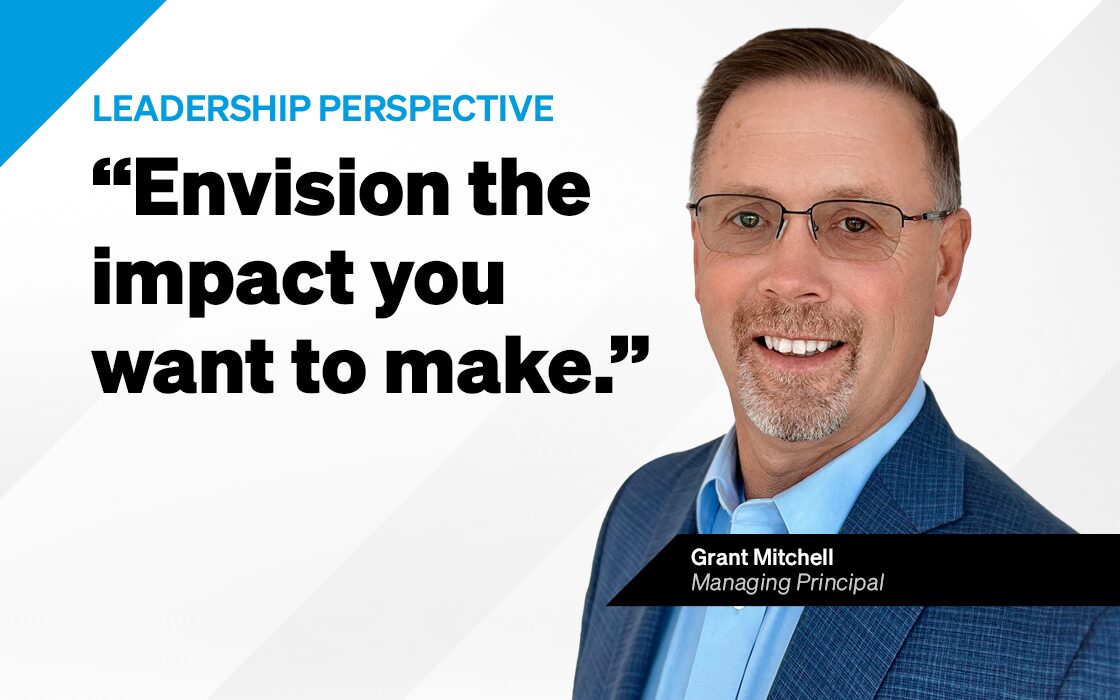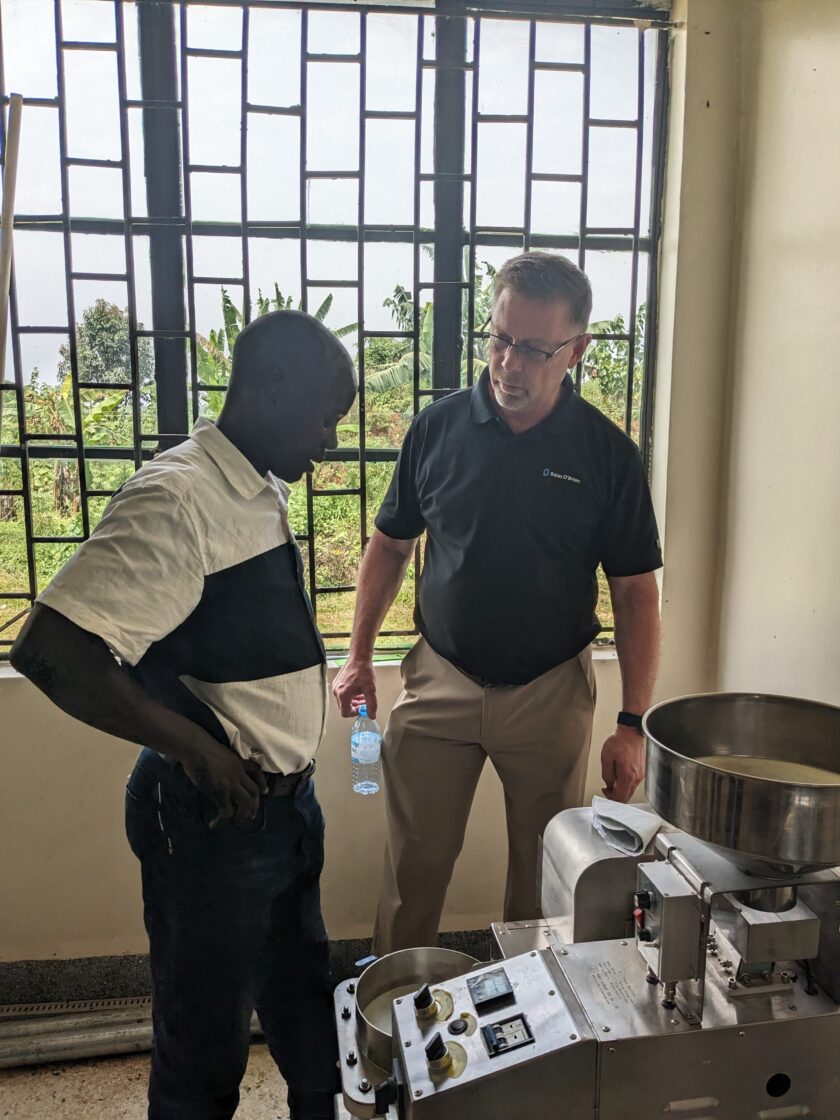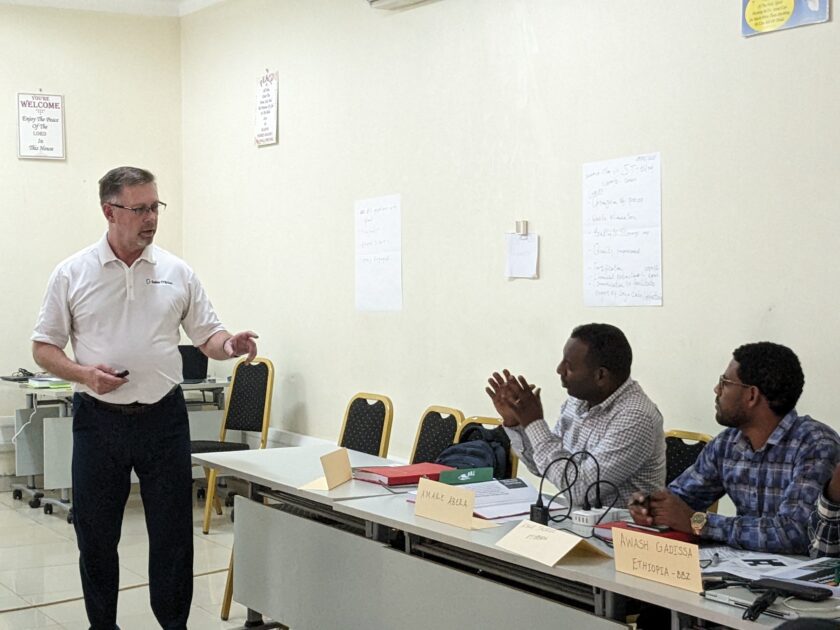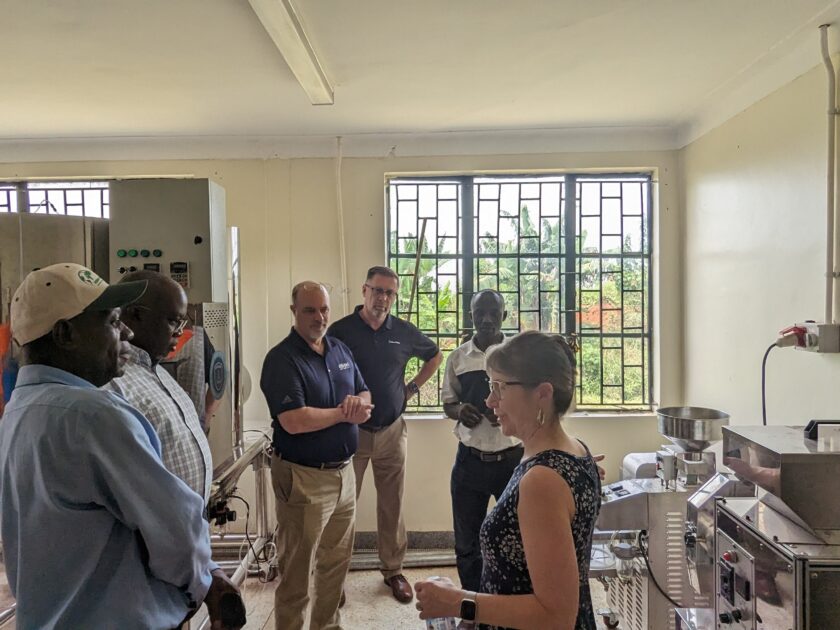News & Insights
Bringing process engineering expertise to Sub-Saharan Africa: A Q&A with Grant Mitchell
Grant recaps his experience providing process efficiency expertise to the oil seed industry in Uganda and shares his philosophy on finding opportunities to make an impact.

Grant Mitchell is a passionate leader with over 30 years of experience in the operation, design, and management of processing facilities within the chemical, pharmaceutical, and food & beverage industries.
He recently traveled to Uganda to share his expertise with university professors and oil seed processors as part of a USAID-sponsored program to increase efficiency in the production process. In this Q&A, Grant shares more about the program and his advice to professionals seeking their own opportunities to make an impact.
Can you tell us about your recent trip to Uganda?
It was a really inspiring experience. The program was sponsored by USAID and part of a collaboration between the American Oil Chemist’s Society (AOCS), Cultivating New Frontiers in Agriculture (CNFA), the Soybean Innovation Lab (SIL), Makerere University, and the National Agriculture Research Laboratory (NARL) of Uganda.
Five of us traveled from the United States to teach a class to 22 professors from Makerere University and processors from five countries in Africa on how to optimize processing for edible seed oils. Our primary objective was to show the group how they can extract greater amounts of oil and increase protein content in the byproduct and to train them to take the learnings to others in the industry. The engagement and desire to bring these best practices to area processors was just amazing.
What kind of impact does this partnership have on the region; on the processors and the people who live in Sub-Saharan Africa (SSA)?
The oil seed industry is extremely important to the socioeconomics of SSA, with soybeans specifically serving as a core source of protein in meals and an important ingredient in animal feeds.
Poverty and nutritional levels of children are a major challenge across the region, and this is a key avenue for making improvements in both. On one side, the seeds have the oils, fats, and protein the human body needs—omega threes, omega sixes, and other nutrients critical for brain and muscle development. On the other side, with global demand for soybeans increasing, there is great economic potential for growers and processors across the region. It’s a dual benefit.
Take something simple like soya chunks, a by-product of the soy oil extraction process. The processors texturize the soy into bars for kids to eat at school. They’re 40% protein and a very inexpensive food source.
Through this initiative, we are helping processors optimize their facilities to get more oil and protein, increasing output and ultimately the seed quantities they purchase from growers. We are bringing forward industry practices that are commonplace in the United States to help feed Africa.
What are the sustainable impacts of this program?
Establishing practices that lead to a more efficient and effective process has a ripple effect across the value chain, from growers, to processors, to consumers, and beyond that will have a longer-term impact on the world. Population growth is driving up demand for these oils. Soy, sunflower, rapeseed, and others are used for food and also in renewable fuels for diesel. Our global population is estimated to exceed 10 billion people by 2050 and to support a population of this size we need to double the amount of protein available. The SSA region is poised to be a critical source.
On this trip you represented Salas O’Brien along with the American Oil and Chemist Society, where you serve as President. Can you share more about this organization and what it has meant to you professionally?
The AOCS is a technical organization with deep roots in oil seed processing through industry and academia. The objective is really to bridge innovation and technology in the industrial space.
I’ve been a part of the organization for nearly 35 years, starting as a processor working in industry and then moving to the consulting side. It has enabled me to maintain relationships and develop connections throughout the industry that have enhanced my network personally.
Being able to lead the facilitators on this trip through the AOCS was incredible. It enriched my perspective of the industry beyond North America and led me to establish relationships with individuals with vastly different backgrounds who all believe in making a difference for their communities.
What advice do you have for emerging leaders who aspire to make a similar impact in the world?
I often think about Stephen Covey’s The 7 Habits of Highly Effective People®. This experience in Uganda is the epitome of the second habit, “begin with the end of mind.” My end goal is to make a positive impact on people, and when I first heard about the program I instantly thought, “oh my gosh, I can have an impact on the lives of people in Africa.”
Envision the impact you want to make, and you will find ways to live that out in your day-to-day. If we all get involved in some way, even in a small way, we will change the world. When you multiply our individual impact by 100 or 1000, the exponential impact is just tremendous.
That’s what we’re trying to do as professional engineers, not just within Africa, but as a whole industry.


